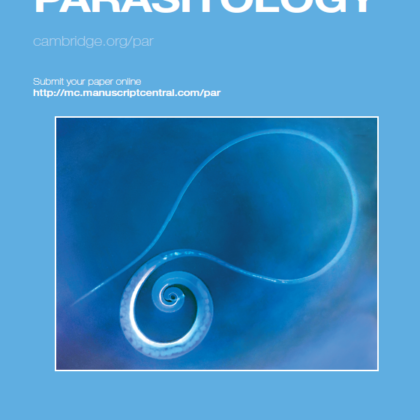Q&A with Bruce J. Schulman: Meet the Editorial Board for Modern American History
For the latest entry of our blog series introducing the board members of the new Cambridge University Press journal, Modern American History, Bruce J. Schulman discusses the past and the present in American history.
Bruce J. Schulman is the William E. Huntington Professor of History at Boston University. He is the author of three books, including the 2001 New York Times “Notable Books of the Year,” The Seventies: the Great Shift in American Culture, and editor of five others. He is currently working on a volume for the Oxford History of the United States covering the years 1896-1929.
 Why do you study modern American history and not something else?
Why do you study modern American history and not something else?
I remember one of my graduate school comrades explain that she studied medieval Russia as a form of escape: she wanted to get as far from the contemporary United States as she could imagine. That stunned me. I had rarely confronted so alien an idea; for me, history had never been an anthropological endeavor, an exploration of some distant, foreign territory. It always constituted a form of contemporary social criticism. Studying the modern history of the United States represented an intervention in current debates about the nature and direction of American life. Understanding the vital presence of the past in the contemporary United States—the way it shapes our choices, supplies our assumptions, frames our expectations, and sometimes nags or teases us—is what drew me to modern American history.
What are some of the challenges facing the field today? In what new directions might the field go?
Six months ago I’d be have been hard-pressed to answer that question, but I feel confident that Trumpism is likely to shape the field in obvious and unseen ways for some time. Consider the precedents: World War II produced the myth and symbol school of American Studies, the consensus historians and the first wave of social science-informed U.S history. The turmoil of the Sixties ignited New Left historiography, social history, and cliometrics. And, of course, the Reagan Revolution turned historical explanations of conservatism, previously a marginal field, into the one of the field’s central obsessions.
I expect Trump will have a similar effect, although whether that will play out in studies of populism and authoritarianism, a revival of labor history, or in some unanticipated new directions, I don’t feel certain enough to anticipate.
If you could have been present in any “room where it happened,” what would you have witnessed?
On a recent trip to Mississippi, I visited the Jimmie Rodgers museum in Meridian. There I learned that Rodgers, the “Singing Brakeman” often described as the father of country music, had joined Will Rogers, the ubiquitous actor, comedian, columnist and Democratic Party activist, on a Depression relief tour. Touring through the South and Southwest in the winter of 1930-31, Rodgers and Rogers mixed music, comedy and pointed political critique of the Hoover administration as they raised funds for the Red Cross and local community chests to assist victims of the Great Depression. I’ve found newspaper accounts of the performances, some photos, even a brief film clip, but I’d sure like to join that tour for a few days!
Modern American History’s first print issue will appear in 2018. Sign up for online content alerts and follow us on Twitter @ModAmHist. Article submissions and 250-word proposals for special features can be sent to mahist@bu.edu.
Main Image Credit: Will Rogers Statue, U.S. Capitol, c. 1938, Harris & Ewing Collection, Library of Congress





